Recent News
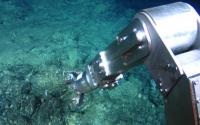
Mining interests are racing to extract minerals from the ocean bottom that would be used in batteries for electric vehicles but advocates warn that in addition to its effect on the deep seabed ecosystem, mining could have the counterproductive effect of increasing global warming by releasing carbon stored in deep sea sediments.
[ More ]
Secretary of State Mike Pompeo on Monday sharply warned China and Russia against “aggressive” actions in the Arctic, while resisting a diplomatic push by other countries in the region to avert the worst effects of climate change.
[ More ]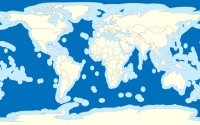
The authors review the threat from China's aggressive claims in the South China Sea to the global maritime order and recommend a number of ways (short of ratifying UNCLOS) that the U.S. can "safeguard U.S. interests and raise the costs of further destabilizing Chinese behavior."
[ More ]
The author makes a strong case for ratifying UNCLOS, arguing that by failing to do so, "the United States loses out on national security, oceanic trade, resource extraction, and its own values as defender of the rule of law."
[ More ]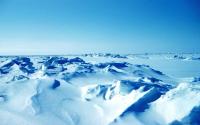
Delegations from nine countries and the European Union will gather in Greenland this week to sign an accord to help protect Arctic marine ecosystems that have only recently become accessible because of the melting ice cap. The Agreement to Prevent Unregulated High Seas Fisheries in the Central Arctic Ocean marks the first time that nations have worked together so proactively to protect an ocean environment before the start of commercial fishing.
[ More ]
Once thought too expensive and too difficult, commercial scale mining of the deep sea is poised to become a reality as early as 2019. But scientists warn reaching rare minerals on and under the sea floor could cause irreversible damage to an environment that is still poorly understood.
[ More ]
Researchers have discovered previously unknown species of sea life on the deep seabed floor, prompting concerns about how they will be impacted by the rush to mine the seabed for cobalt, manganese and other elements for use in technologies such as smartphones and electric cars.
[ More ]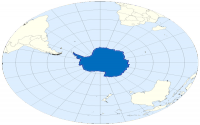
Temperatures not much warmer than the planet is experiencing now were sufficient to melt a major part of the East Antarctic ice sheet in Earth’s past, scientists reported Wednesday, including during one era about 125,000 years ago when sea levels were as much as 20 to 30 feet higher than they are now.
[ More ]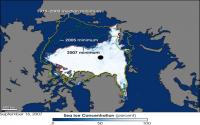
The oldest and thickest sea ice in the Arctic has started to break up, opening waters north of Greenland that are normally frozen, even in summer. This phenomenon – which has never been recorded before – has occurred twice this year due to warm winds and a climate-change driven heatwave in the northern hemisphere.
[ More ]
The rush to exploit the riches of the deep ocean and seafloor is beginning. As pollution, overfishing and climate change sap the productivity of surface waters, many countries and companies are scouting new territory deeper down. This presents a threat the deep ocean has never faced.
[ More ]